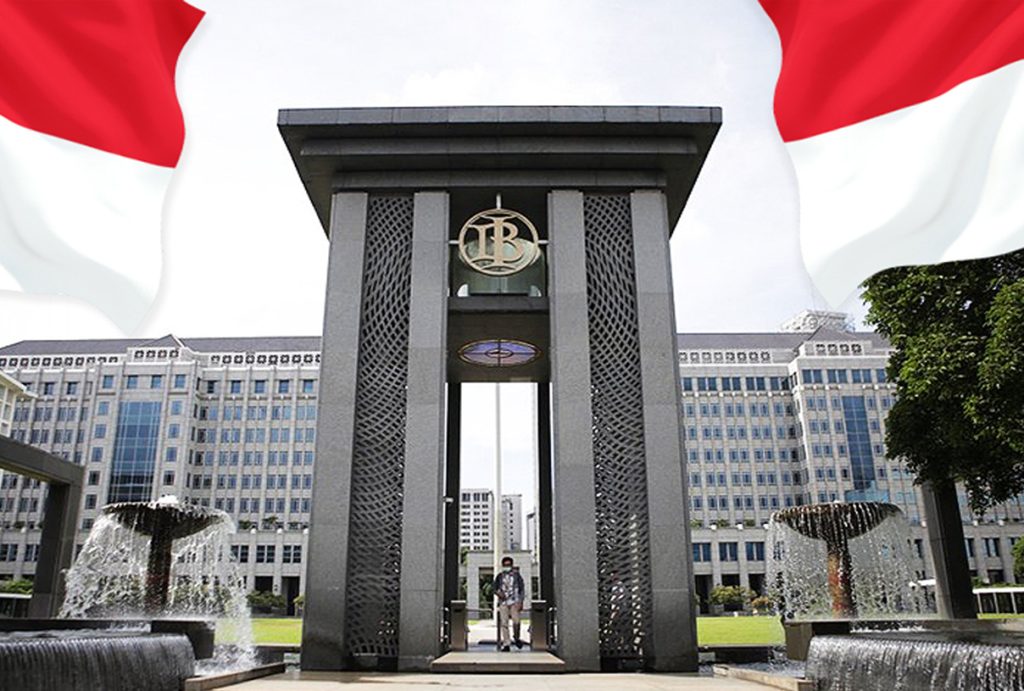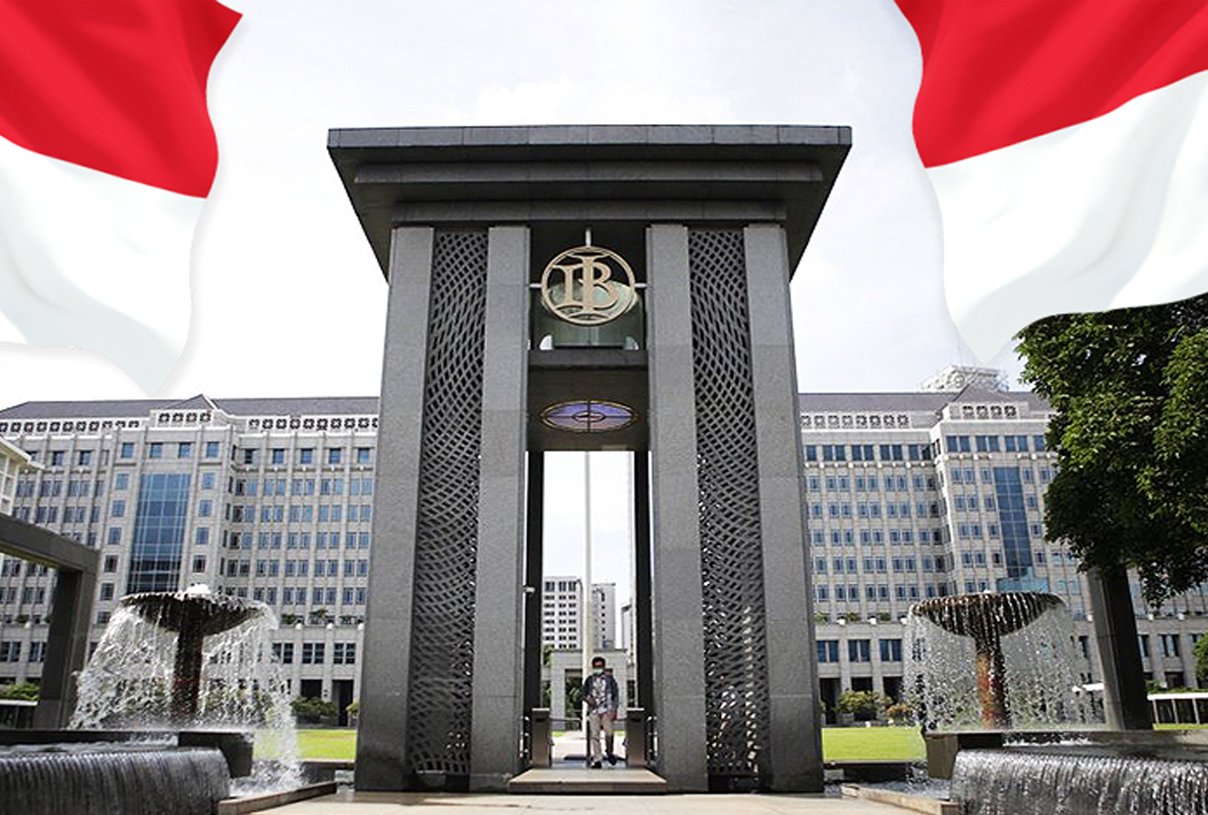
In a rapidly evolving global financial landscape, maintaining stability in the foreign exchange (forex) market is critical for economic resilience. Bank Indonesia (BI), the nation’s central bank, has recently taken a proactive step to strengthen its authority in managing forex traffic, signaling a renewed commitment to safeguarding the stability of Indonesia’s financial system. This move, embedded in the latest regulatory updates, clarifies and reinforces BI’s role in overseeing forex transactions, ensuring that the country remains well-prepared to navigate potential economic challenges.
The Regulation: A Closer Look
The newly introduced regulation underscores BI’s enhanced authority in monitoring and managing forex traffic. While the existing regulatory framework and reporting procedures remain largely unchanged, the regulation emphasizes a more robust approach to oversight. Key aspects include:
- Strengthened Monitoring Mechanisms: BI now has clearer mandates to monitor forex flows in real-time, enabling quicker identification of potential risks or irregularities.
- Proactive Policy Responses: The regulation equips BI with the tools to respond swiftly to market disruptions, ensuring that policy interventions are timely and effective.
- Improved Inter-Agency Coordination: BI’s collaboration with other regulatory bodies, such as the Financial Services Authority (OJK) and the Ministry of Finance, has been formalized, fostering a unified approach to forex management.
These measures reflect BI’s commitment to adopting a forward-looking stance in managing forex risks, which is essential in an era marked by geopolitical uncertainties and volatile global markets.
Key Implications for Stakeholders
The regulation carries significant implications for various stakeholders, including businesses, financial institutions, and investors:
- For Businesses: Companies engaged in cross-border trade or foreign investments must ensure compliance with BI’s reporting requirements. Enhanced monitoring means that any discrepancies in forex transactions could attract closer scrutiny.
- For Financial Institutions: Banks and other financial entities must align their forex operations with BI’s strengthened oversight framework. This may involve upgrading internal systems to meet real-time reporting demands.
- For Investors: The regulation reinforces confidence in Indonesia’s financial system, signaling that BI is well-equipped to mitigate forex-related risks. However, investors should stay informed about potential policy shifts that could impact forex markets.
What to Do Next
In light of these developments, stakeholders should take the following steps to adapt to the new regulatory environment:
- Review Compliance Procedures: Ensure that all forex-related activities align with BI’s updated guidelines. This includes verifying the accuracy and timeliness of transaction reports.
- Enhance Risk Management Frameworks: Businesses and financial institutions should strengthen their internal risk management systems to address potential forex volatility and regulatory changes.
- Stay Informed: Regularly monitor updates from BI and other regulatory bodies to stay ahead of any policy adjustments or market developments.
- Leverage Technology: Invest in advanced financial technologies that facilitate real-time monitoring and reporting, ensuring seamless compliance with BI’s requirements.
Conclusion
Bank Indonesia’s enhanced authority in forex management marks a significant step toward fortifying the nation’s financial system against external shocks. By adopting a proactive approach to monitoring, policy responses, and inter-agency coordination, BI is better positioned to maintain stability in the forex market. For stakeholders, this regulatory shift underscores the importance of staying compliant, vigilant, and adaptable in an increasingly complex financial environment.
As Indonesia continues to integrate into the global economy, BI’s strengthened oversight framework serves as a cornerstone for sustainable economic growth and resilience. Stakeholders who embrace these changes will not only mitigate risks but also capitalize on the opportunities presented by a more stable and transparent forex market.
Tags:
Banking, Finance and Investment
Corporate, Merger and Acquisition
Capital Market and Securities






